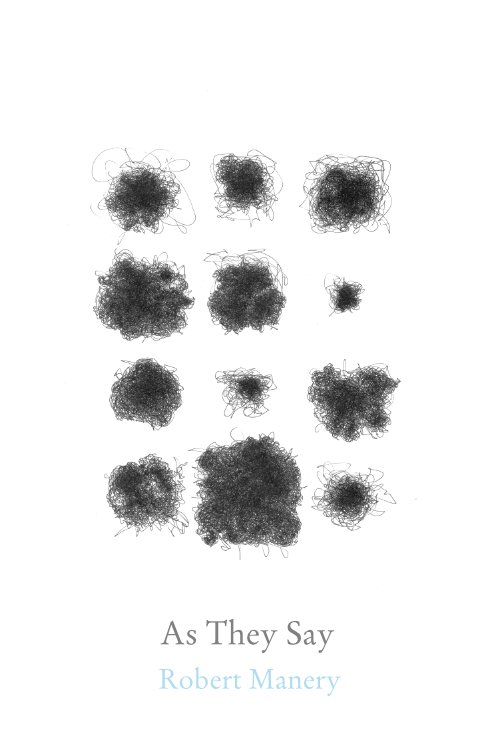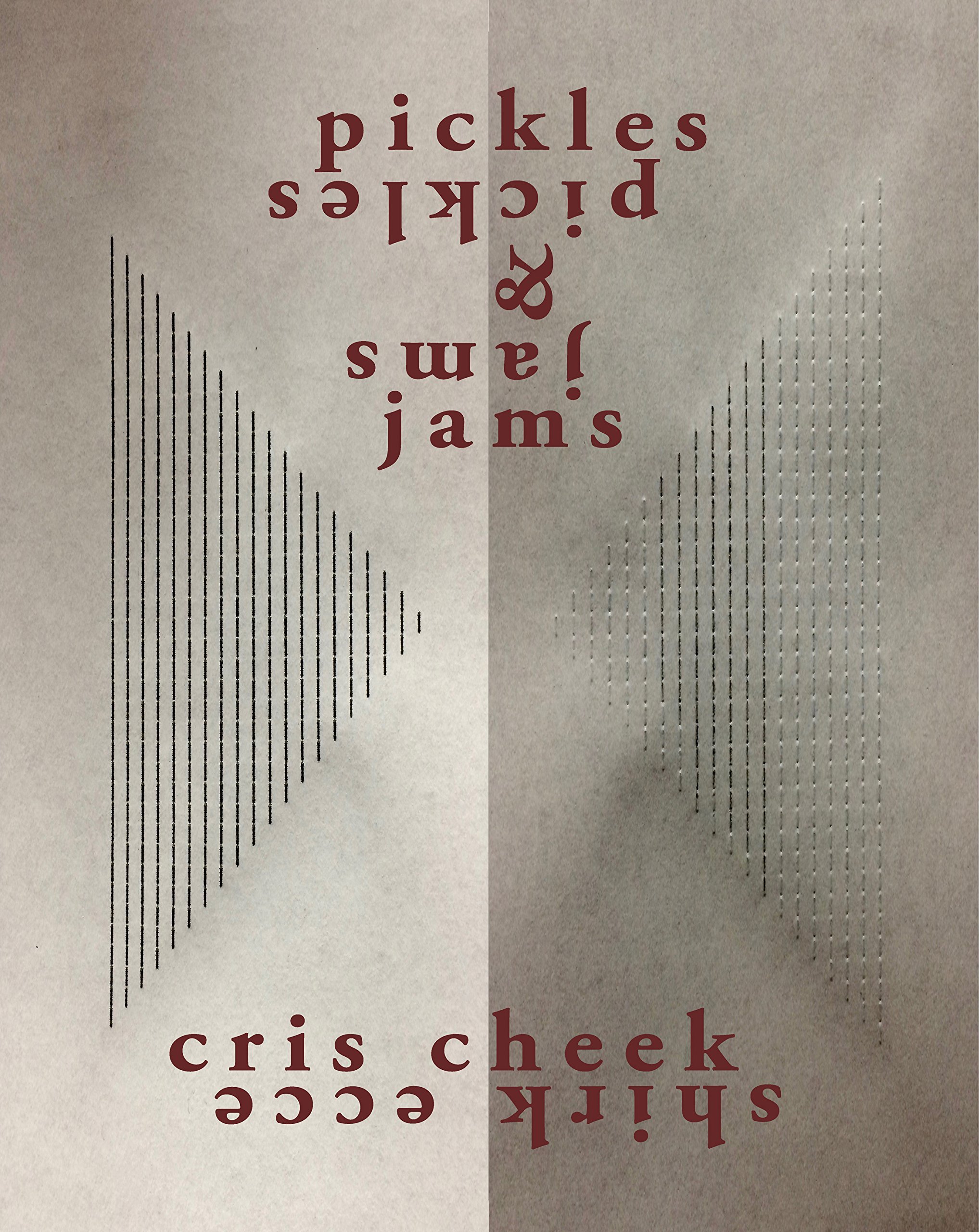"Can an eraser be a dogma," asks Sheila Murphy, in her new collection Permission to Relax", whose poems travel equally in composition and decomposition; they are as much about raveling as they are about unraveling. Here, the speakers "unrest" in a "colony of dogma"; they "unbuild" houses and dreams and forms and lives and loves and joys and sorrows. These intricately constructed structures have an air of lightness about them, though mixed into that lightness is the existential angst of the quotidian rung with rhythmic grace and disjunctive virtuosity.
—Daniel Borzutsky
Playful, philosophical, political, linguistically insightful–Sheila E Murphy’s Permission to Relax takes the reader on a tour of Murphy’s poetic range with hay(na)kus, ghazals, American haibuns, and open forms. Paratactic in one poem, narrative in the next, tonal, innovative, personal, collaborative, and visionary all in a collection that doesn’t seem headed in the same direction while it is. These poems show the range of Murphy’s poetic techniques and brilliance of her mind reveling in language and its refractions.
—William Allegrezza, author of Stone & Type, Cedar.
Sheila Murphy's arresting poetry in no way gives the reader permission to relax, however mellifluous and seductive it often is. Its playful syntax, startling imagery and polyphonic cadences and voices invigorate, reinvent and replenish language on each and every page, offering linguistic grace and absolution to those willing to engage and succumb.
—Rupert Loydell
Pulsing between tight a lyric line and a longer, always musical semi-hexameter, Shelia Murphy’s Permission to Relax echoes in form what infuses the content of so many of its poems: mortality, with its ironies, loss, inevitabilities, struggles, and glimmers of hope. The volume begs the reader to ask what relaxation means in such a context, and from whom permission would come. As such, Permission to Relax seems anchored in the history of that wrestling match, and its possible angelic counterforce.
—Dennis Phillips
Sheila E. Murphy’s poetry is highly perceptive, Argus-eyed, able to take in worlds of color, sound, imagery, abstraction & psychological phenomena as they occur on the spot. She sees through her fingers, listens with skin & eyes. Her ability to mesh thought & emotion highlights her poetics. Sheila demonstrates a formal skill that is breath-taking. She cultivates the ability to follow & breathe new life into such traditional forms as the haibun & villanelle. One of her chief skills is to create & layer new pathways of sense & intellect in the language of poetry. As William Blake would have it, Sheila E. Murphy’s poetry belongs in the company of the Prolific.
—John Tritica
Permission to Relax is a book of brilliant vibrational registers, poignant shifts, and sonic echoes of intimacies of thought. On every page Sheila Murphy offers us the sharply observed quotidian as well as larger perceptual frameworks via an undulating and potent sense of tenderness, reverence, and at times the elegiac, as well as supple wit, expansive sociality, playfulness and highly-tuned irony. ‘Poetry is unforgivable, and so are flowers’ she reminds us. Using an alluring dance of registers, the poems show us how discovery comes upon us, both as thought and action, stillnessand movement, by inviting us into the sway and leap of language across various linguistic gestures. Lush and effervescent, contained yet freed by form, procedure and experiment, brimming still with lyric avowals, Murphy both weighs and woos the impromptu present as it’s constantly rewrought through the materials of written and spoken language, its codes, its risks, its electricity and its breath. Indeed, as she writes, ‘A mirror held to breath / translates routine / this moment as eternity.’
– Jill Jones
Tomorrow is a New Past
The new poetry collection, Permission to Relax by Sheila Murphy sets up readers for a brief respite of hope, an approved moment to let things go, like a military order of "at ease," mandating an impossible sense of new normal. The opening poem, “Contagion in the Neighborhood” guides us into the rabbit hole of the pandemic, an era filled with angst and down-right fear.
The idea of what we resist persists. A whole population of people sent into isolation-- together in illness, in fear, in cohabitation, adopting hobbies like baking bread and sorting clothes. These poems speak to a loss of touch, the outsideness, the utter lack of control over formerly shared public spaces. In “Sanctuary,” the narrator promises: "Allow me to introduce myself I am the closed eyes you called in to calm you."
Murphy deftly lands key lines summarizing the scene before it, as in the poem, “In Retrospect,” "Remorse, reversion, silence as a living thing” and later, “Tomorrow is a new past.”
Lines buzzing with disbelief over beautifully crafted poetry that wants you to believe in a post 2019, is the core of Murphy’s collection. Crafted in a world that needs to live “as if nothing happened.” A striking collage of longing, Permission to Relax loves and wishes for a force that emanates the reality of a force thrust upon us. Reassurance abounds in this book, as a tenuous and firm through-line, a single phrase stretching out into the suburban wilderness as a secure refrain: “In a minute, it will be tomorrow.”
In the end, Permission to Relax is a love poem to the earth, to a world of people who are distanced and distressed, off-kilter. The poetry offers readers permission to wait to hope, to sort out a new philosophy of life poised on the edge of unknowing. Each poem ending with a battle cry that sends this message out into the universe: "Exactly how does peace occur, and at whose instigation?"
— Millicent Borges Accardi
Sheila E. Murphy. Murphy is the recipient of the Gertrude Stein Award for her book Letters to Unfinished J. (Green Integer Press, 2003). Murphy's book titled Reporting Live from You Know Where (2018) won the Hay(na)Ku Poetry Book Prize Competition from Meritage Press (U.S.A.) and xPress(ed) (Finland). In 2020, Luna Bisonte Prods released Golden Milk. Broken Sleep Books brought out the book As If To Tempt the Diatonic Marvel from the Ivory (2018). Murphy has authored 44 previous books of poetry. Initially educated in instrumental and vocal music, she is associated with music in poetry. Murphy earns her living as a management consultant and researcher and holds the Ph.D. degree. She has lived in Phoenix, Arizona throughout her adult life.
Book Information:
· Paperback: 102 pages
· Binding: Perfect-Bound
· Publisher: BlazeVOX [books]
· ISBN: 978-1-60964-424-6





